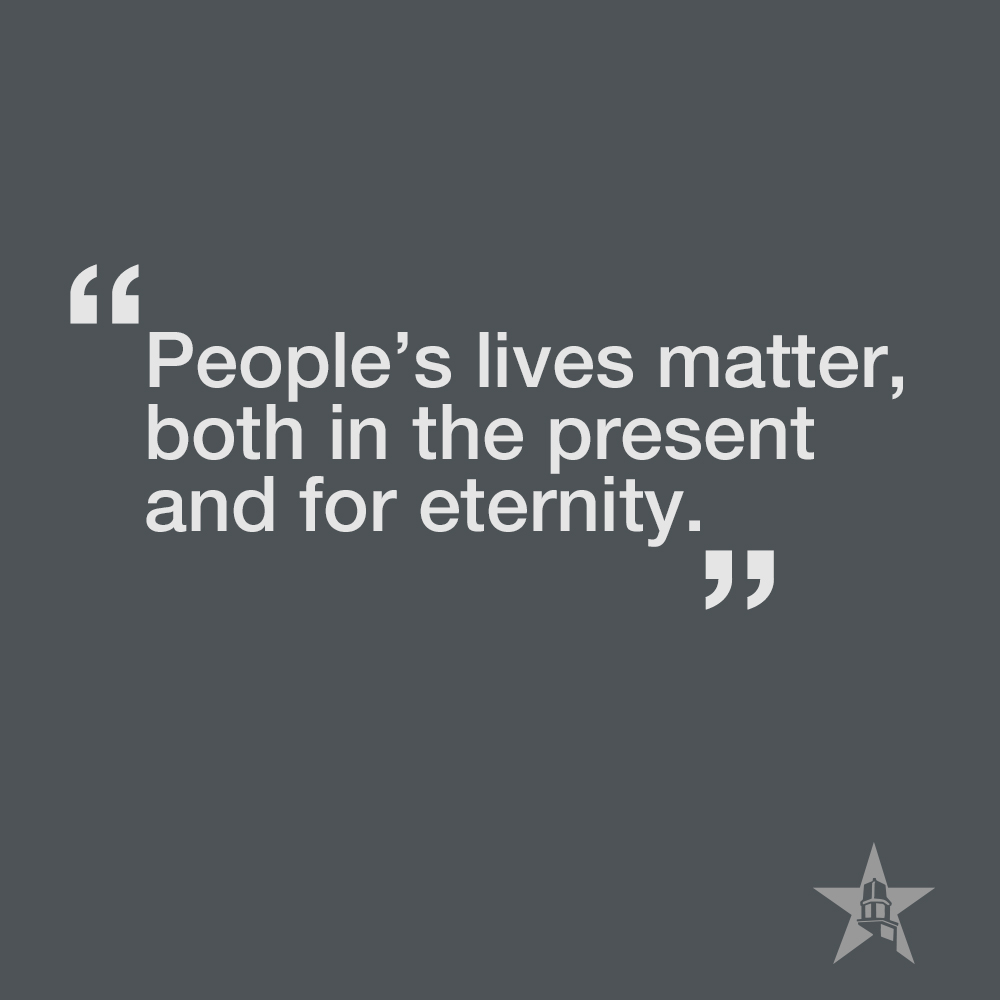Category: Opinions
March 19, 2015
Opinions
Raining On The Straight Parade
About a week ago I stumbled across a shared photo on Facebook that read these words: “Apparently it is now…
March 19, 2015
Opinions
Profit: The Need For Greed
Over my time at Houghton I have heard many students complain about the greediness of corporate America, and the unfairness…

March 19, 2015
Opinions, Letter to the Editor, Opinions
Response to LGBQ Inclusion
The Community Covenant should not be amended as Luke Lauer proposes in his piece, “LGBQ Inclusion: Community Covenant Amendment.” Lauer’s…
March 12, 2015
Opinions
Media Representation for Minorities
“Media cannot reflect society, if society is not reflected in the media.” This slogan for Creative Access, an organization devoted…
March 12, 2015
Opinions
LGBQ Inclusion: Community Covenant Amendment
The words “homosexual behavior” need to be taken out of the Community Covenant. Placing “homosexual behavior” within this context equates…
March 12, 2015
Opinions
Poverty Does Not Discriminate
2013: My senior year of high school. The year 45.3 million people were living in poverty. The year my family…
March 06, 2015
Opinions
Meta-Opinions from the Fishbowl
Everyone has opinions. I’ve got a lot. Sometimes, being generous, I like to share mine. Sharing apples leaves one with…
March 06, 2015
Opinions
Inequality Blues in the Ivory Tower
The original impetus to write this article stemmed from a frustrating discussion on Marx and the plight of the proletariat…

March 06, 2015
Opinions, Letter to the Editor, Opinions
Letter to the Editor 3/6/2015
Dear Editor: You may have noticed the posters which have recently been put up around campus advertising for the VOCA…

February 19, 2015
Opinions
Living in Tension: Climate Change, Critics, and Convictions
On Tuesday night, I had the privilege of hearing Dr. Katharine Hayhoe speak on the topic of climate change. Considering…
